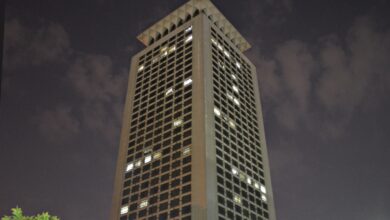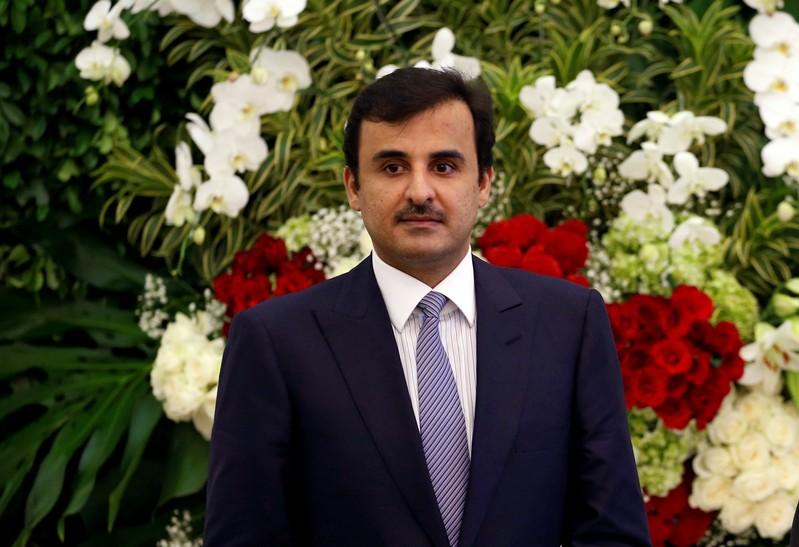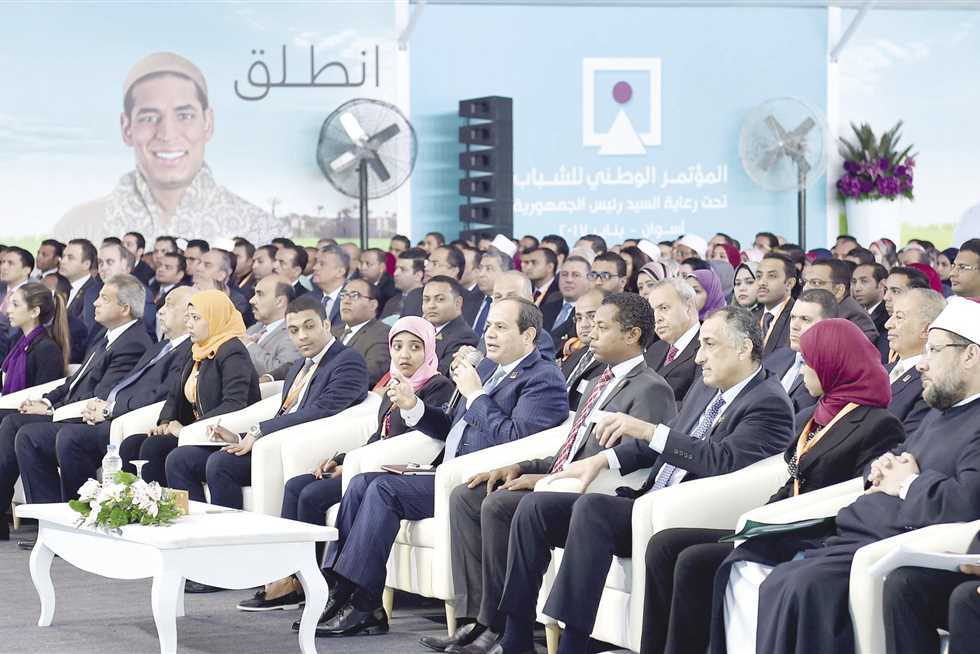At the end of a busy week of political developments and changes in some state structures, the press on Thursday tried to respond to questions that may be going through the minds of the public about the details of the events, including the governors reshuffle, changes to the National Council for Human Rights and the Supreme Press Council, as well as the appointment of new heads of the boards of directors of state-run newspapers.
Independent Al-Watan newspaper quotes on its front page a Cabinet source claiming that Prime Minister Hesham Qandil submitted a list that included 27 nominees for governor positions to President Mohamed Morsy and was surprised when Morsy chose only 10 out of 27 nominees. The headline reads, “Qandil surprised by changing 10 governors only, [learned about it] through television.”
Bucking expectations that the Muslim Brotherhood will have 40 percent of the new governor positions, the reshuffle included only 10 governorates, four of which were given to Muslim Brotherhood members.
Five new governors have an academic background, and three retired armed forces generals took over border governorates.
The source told Al-Watan that one of the president’s advisers justified to Qandil the decision saying that the presidency put out feelers to gauge public opinion by appointing four Brotherhood governors. If these governors are accepted without much clamor, the president would appoint other Brotherhood members to other governorates, the source added.
Independent daily Youm7’s front page headline reads, “Governors reshuffle a prelude to strengthening Muslim Brotherhood influence ahead of parliamentary and local council elections.”
Youm7 says it has learned from informed sources that there was a plan to overthrow 1,720 local council leaders, including heads of cities, villages, and neighborhoods, as well as governors’ secretaries who had links to the now-dissolved National Democratic Party, so that the Freedom and Justice Party could control local government.
As usual, the newly appointed state officials made press statements to state-run Al-Ahram newspaper. Cairo governor Osama Kamal, known for showing sympathy toward the Muslim Brotherhood, told Al-Ahram that among his priorities was completing the governorate plan to transfer street vendors to markets.
Former FJP MP and the new governor of Kafr al-Sheikh Saad al-Husseini said that mega-projects will be developed in the governorate of “hope and the future,” as he described Kafr al-Sheikh.
Husseini also stressed that heading the budget committee of the dissolved People’s Assembly allowed him to learn the needs of the governorates, including Kafr al-Sheikh.
As a complement to Tuesday’s series of appointments, the FJP newspaper praises the Shura Council choices for the National Council for Human Rights, which includes 27 members, after the new NCHR was been criticized by many activists and liberal figures for being dominated by Islamists.
The FJP describes the council’s new composition as “balanced” for including nine Islamists, three Copts, and seven leftists and liberals, and eight independent figures.
The newspaper also publishes a profile of new council head Judge Hossam al-Gheriany, who also heads the Constituent Assembly and was former head of the Supreme Judicial Council. The newspaper describes Gheriany as the “rebel judge.” It quotes former independent MP and former vice president of the Court of Cassation Mahmoud al-Khodairy as saying that Gheriany was the first judge who called on judges to stage a protest before the revolution.
With regard to the appointments to the Supreme Press Council and the appointment of new heads for national newspapers’ boards, a number of press and media experts expressed surprise to Al-Watan at the decision to reshape the council one month ahead of the anticipated completion of the new constitution, which includes an article on establishing an independent national press council. The national press council is supposed to replace the Supreme Press Council as well as the Ministry of Information.
Youm7 and state-run Al-Akhbar newspaper specifically focus on the lawsuit filed by former chairman of the board of Al-Ahram, Abdel Fattah al-Gebali, against Shura Council speaker Ahmed Fahmy. Journalists Syndicate Mamdouh al-Wali is the new head of Al-Ahram’s board.
Gebali said that Fahmy violated the press law, which stipulates that the term of the head of state-run newspapers’ board of directors should be four years, and Gebali was appointed in November 2011.
In contrast, the FJP’s newspaper played the role of devil’s advocate in defending the Shura Council’s changes in the media establishment. The headline on the front page reads, “[Shura] Council continues to purge and develop the national press institutions.”
As always, following new appointments and changes by President Morsy or Brotherhood lawmakers, the FJP newspaper runs profiles of the new officials.
Profiles of six new state-run newspaper board heads appear on the fifth page of the newspaper. It adds that the choices came according to the economic and administrative skills of the nominees.
Away from Tuesday’s flurry of decisions, most newspapers highlight the formation of a bloc dubbed “The Egyptian Conference Party” to contest the Muslim Brotherhood in the upcoming parliamentary elections.
The bloc includes 17 civilian political parties.
The newspapers quote the bloc founders as saying, “We are the next rulers.”
According to reports, Amr Moussa, former secretary general of the Arab League, is expected to head the bloc. The details will be announced next Monday in a press conference.
The Egyptian Conference Party news runs on the anti-Muslim Brotherhood Al-Dostour newspaper’s front page. The headline reads, “Egypt is approaching a single front.”
The newspaper adds that the people call on the rest of the liberal parties, former International Atomic Energy Agency head Mohamed ElBaradei, and former presidential candidate Hamdeen Sabbahi to join the bloc.
State-run papers report that Morsy continued to criticize the Syrian regime in a speech at the Arab League on Wednesday. State run Al-Gomhurriya newspaper’s headline said Morsy called on Bashar al-Assad’s regime to leave immediately. Al-Ahram runs a headline quoting Morsy as saying that the blood of the Syrian people is everyone’s responsibility.
Egypt’s papers:
Al-Ahram: Daily, state-run, largest distribution in Egypt
Al-Akhbar: Daily, state-run, second to Al-Ahram in institutional size
Al-Gomhurriya: Daily, state-run
Rose al-Youssef: Daily, state-run
Al-Dostour: Daily, privately owned
Al-Shorouk: Daily, privately owned
Al-Watan: Daily, privately owned
Al-Wafd: Daily, published by the liberal Wafd Party
Youm7: Daily, privately owned
Al-Tahrir: Daily, privately owned
Freedom and Justice: Daily, published by the Muslim Brotherhood's Freedom and Justice Party
Sawt al-Umma: Weekly, privately owned
Al-Arabi: Weekly, published by the Nasserist Party
Al-Nour: Official paper of the Salafi Nour Party




